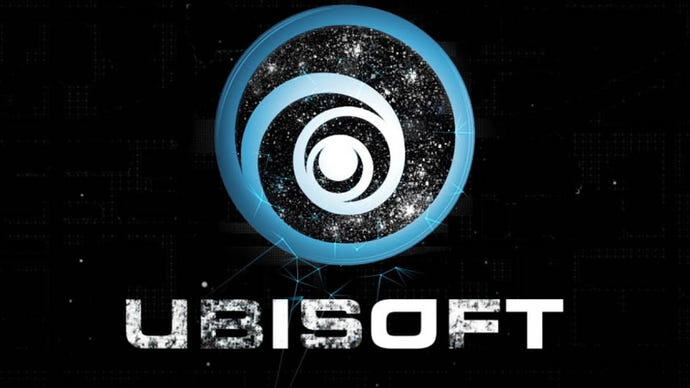Ubisoft fends off Vivendi takeover with help from Tencent
Ubisoft no longer has to fear the threat of Vivendi's takeover, thanks to a new deal with Tencent and several other investment groups.
Since 2015, French media conglomerate Vivendi has been slowly buying more and more of Ubisoft's shares, which at one point reached 27.3% (30,489,300 shares).
Ubisoft publicly, and on more than one occasion, said that this is something it's completely against. CEO Yves Guillemot called it "a fight to preserve our independence" at one point.
Despite this, Vivendi continued to increase its stake, sometimes seemingly out of spite, choosing to do it before and after E3 2016, for example. In 2017, the writing was on the wall, and reports of Vivendi's impending hostile takeover of Ubisoft started rolling in.
Three years later, things are looking up for Ubisoft. The publisher has confirmed that Vivendi will sell off its shares in Ubisoft, and that it has agreed not to acquire any more of them for the next five years.
Ubisoft was able to do this buy offering to buy Vivendi's shares, but since it can't foot the entire bill, it instead did so with the help from Chinese mega-conglomerate Tencent, and the Ontario Teachers’ Pension Plan. Both parties are now "long-term investors," according to Ubisoft.
Tencent is one of the largest tech companies in the world. It's the biggest publisher in China, owning massively popular services like QQ and WeChat, but it also has a hand in a number of big, profitable companies around the world.
It owns League of Legends developer Riot, Clash of Clans maker Supercell, 48% of Epic Games, and has stakes in a dozen other publishers and developers, including Activision Blizzard.
As a result of this deal, Ubisoft is also entering a "strategic partnership" with Tencent, through which the French publisher hopes to increase the reach of its franchises in China.
This takes care of the bulk of Vivendi's shares, and the rest will be reacquired by Ubisoft buying back some of the shares, as well as an an acquisition by the Guillemot Brothers SE investment firm.
According to Venture Beat, Vivendi made quite the profit off the back of this deal, getting €2 billion ($2.45 billion), compared to the €750 million it paid over the past three years.

